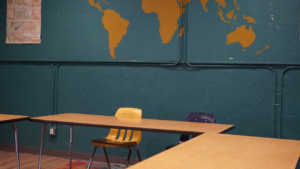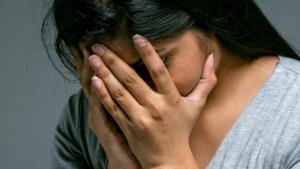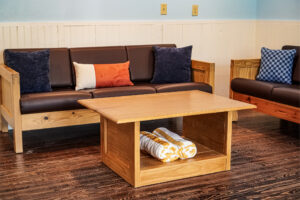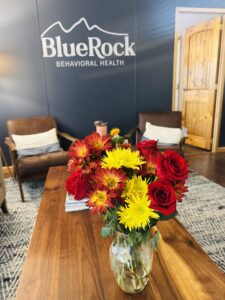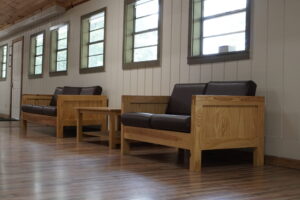Adolescence brings natural turbulence—mood swings, identity exploration, and shifting social dynamics. But how do you distinguish between typical teenage behavior and signs that your child needs professional help? At BlueRock Behavioral Health, we’ve learned that early recognition of warning signs can make all the difference in a teen’s recovery journey.
Beyond Normal Teen Behavior: Recognizing Concerning Patterns
Certain behavioral changes may signal deeper struggles requiring professional support:
Persistent Mood Changes
- Prolonged sadness or irritability lasting more than two weeks
- Sudden, extreme mood shifts seemingly disconnected from circumstances
- Expressions of hopelessness that don’t improve
Social Withdrawal
- Abandoning previously enjoyed activities or friendships
- Isolating from family and refusing to participate in family activities
- Relying primarily on technology rather than in-person interaction
Academic Decline
- Sudden drop in grades or school refusal
- Persistent inability to concentrate
- New disciplinary issues representing significant behavioral change
Risk-Taking Behaviors
- Substance experimentation beyond typical curiosity
- Reckless behavior without regard for safety
- Impulsive or potentially harmful activity
Self-Harm Indicators
- Unexplained cuts, burns, or bruises, particularly on arms or legs
- Wearing concealing clothing regardless of weather
- References to self-harm in creative expression
The key difference between normal development and concerning patterns lies in duration, intensity, and impact. When behaviors persist despite support, significantly impair functioning, or pose safety risks, it’s time to consider professional help.
When Is Residential Treatment Necessary?
Consider residential treatment when:
- Outpatient therapy hasn’t produced meaningful improvement
- Home environment inadvertently reinforces unhealthy patterns
- Safety concerns require 24-hour supervision
- Multiple issues require an integrated treatment approach
- Academic progress has stalled due to mental health challenges
- Family dynamics need professional guidance
A residential program provides the immersive therapeutic environment some teens need to break entrenched patterns before returning home.

Approaching Concerns with Compassion
When discussing mental health with your teen:
- Choose a calm, private moment without distractions
- Focus on observable behaviors rather than judgments
- Express concern without criticism
- Listen more than you speak
- Present professional help as support, not punishment
Remember that defensiveness is normal. Stay patient in your message that seeking help demonstrates strength.
How Our Mountain Setting Provides Treatment Support
Our 140-acre Blue Ridge Mountain campus creates unique therapeutic advantages:
- Mood-improving physical activity
- Distance from triggering social media and peer pressures
- Nature connection enhancing mindfulness
- Natural consequences reinforcing responsible choices
- Shared outdoor experiences building healthy relationships
Combined with our relationship-based model, this setting creates opportunities for authentic growth while teaching essential life skills.
Our Approach to Teen Mental Health Challenges
Our program addresses adolescent mental health through:
- Individual therapy for processing emotions and developing coping strategies
- Group therapy building interpersonal skills
- Family therapy healing relationships
- Experiential activities creating growth through action
- Academic support maintaining educational progress
- Life skills development preparing teens for independence
BlueRock’s outdoor components offer natural opportunities to practice emotional regulation, build resilience, and develop confidence.
Taking the Next Step
If you recognize concerning signs in your teen, remember that early intervention typically leads to better outcomes. Our team at BlueRock Behavioral Health is ready to help your family navigate this challenging time.
Located at 41 Heros Wy, Hendersonville, NC 28792, our 32-bed facility serves adolescents ages 12-17 in a supportive therapeutic community. Contact us at 828-671-3003 to discuss how our relationship-based approach can help your teen find a path to wellness.



